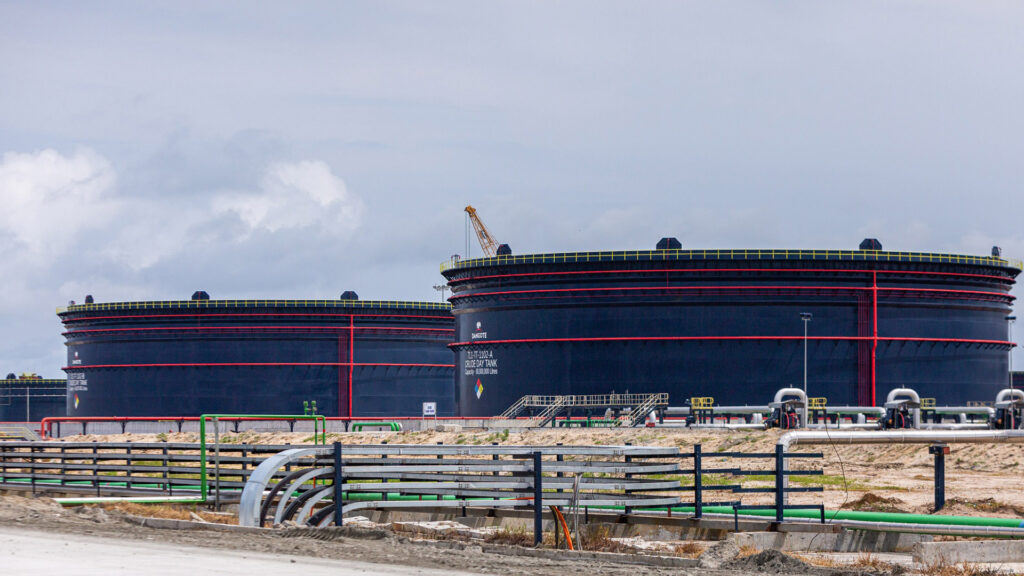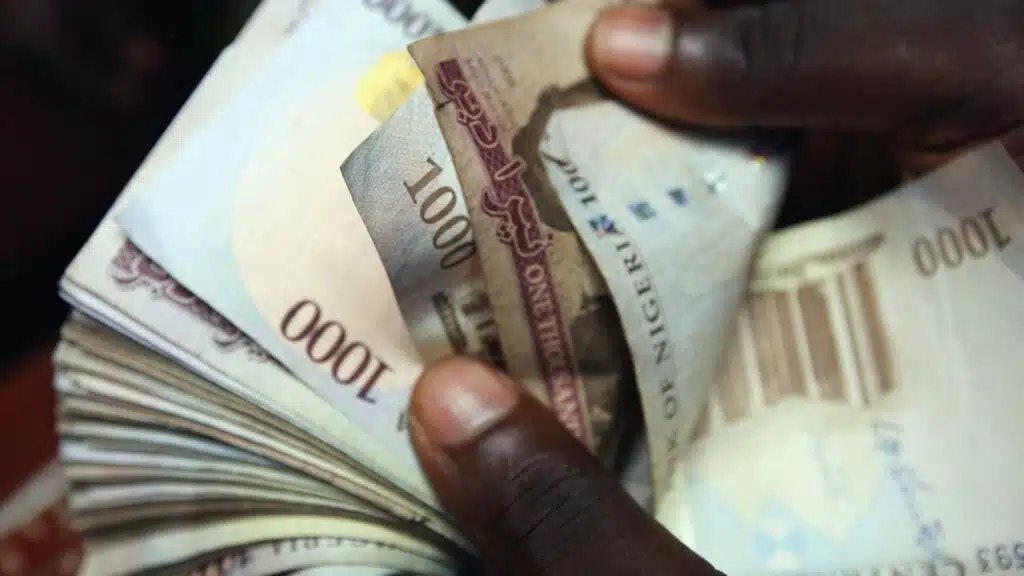Trending: Here are some Business Statistics and Trends to know
ABUJA – In a significant policy shift, the Nigerian government has approved for the state oil company NNPC Ltd to sell crude oil in naira to the Dangote refinery.
The $20 billion Dangote refinery, Africa’s largest, has faced challenges securing sufficient crude to operate at its 650,000-barrel-per-day capacity since starting production in January.
Highlights
- Naira Crude Sales Approved: NNPC Ltd authorized to sell crude in naira to Dangote refinery and others.
- Foreign Exchange Relief: Expected to reduce foreign currency demand by $7.32 billion annually.
- Local Refineries Support: Enables sale of refined fuels to local marketers in naira.
- Impact on Oil Market: Addresses supply disputes and reduces the need for foreign loans.
Alleviating Forex Pressure
The approval for NNPC Ltd to sell crude oil in naira is expected to ease the chronic dollar shortages Nigeria faces, which have led to multiple devaluations of the naira.
This policy change comes as a response to the financial strain caused by purchasing oil in foreign currency, which placed a $660 million monthly burden on Nigeria’s forex reserves.
Challenges Faced by the Dangote Refinery
The Dangote refinery, set to be the largest in Africa, has struggled to secure enough crude locally, forcing it to turn to the international market.
The refinery’s complaints about oil majors blocking access to locally produced crude or selling it above market price have been a key issue. This new arrangement with NNPC Ltd is expected to stabilize the refinery’s operations and fuel supply chain.
Impact on the Local Economy and Oil Market
The decision to sell crude in naira is not just a relief for the Dangote refinery but also a strategic move to bolster Nigeria’s economy.
By reducing the demand for foreign currency, the policy is expected to ease the pressure on Nigeria’s forex reserves and stabilize the naira. Moreover, it will allow local fuel marketers to purchase refined products in naira, mitigating concerns about paying for supplies in dollars.
Industry Insights
Ayodele Oni, an energy lawyer and partner at Bloomfield, highlighted the broader implications of the policy, noting that it balances the need for substantial naira transactions with Nigeria’s foreign currency requirements.
This shift is also expected to reduce the need for the refineries to seek new loans from foreign lenders, thereby lowering operational costs.
Significant Oil Step
This policy marks a significant step towards stabilizing Nigeria’s oil sector and economy. By allowing crude sales in naira, the government aims to support local refineries, reduce foreign currency demand, and ensure a more sustainable economic environment.






